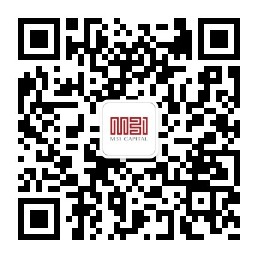“Great business leaders and entrepreneurs must take responsibility for driving the economy forward. Achieving this requires a focus on productivity gains.” Patrick Zhong, Founding Managing Partner of M31 Capital, called for global unity and productivity-driven solutions to navigate economic complexities at a leaders’ dialogue during the Berlin Global Dialogue 2024.
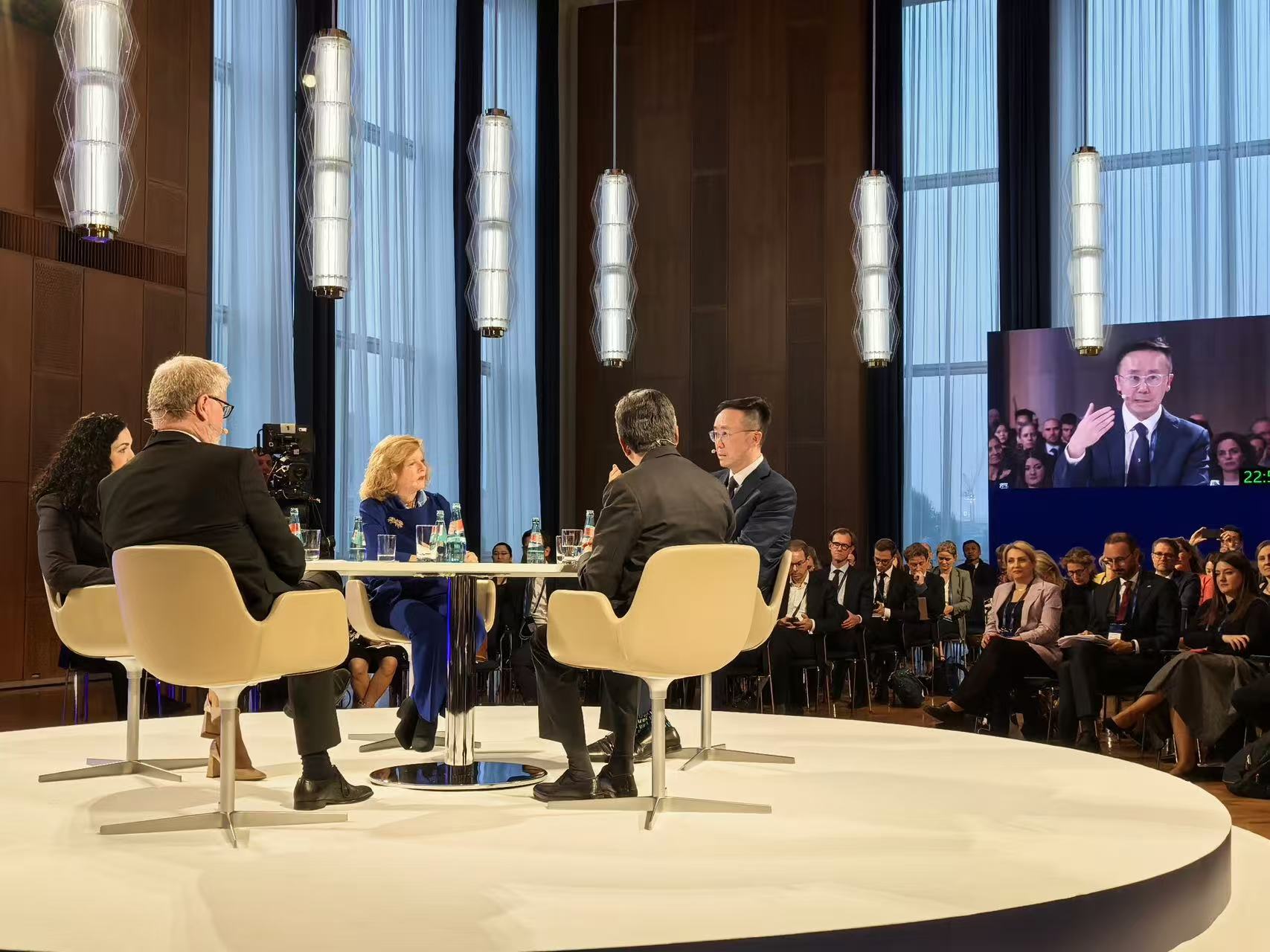
The leadership panel, titled “Rethinking Resilience: Responding to Geopolitical Shifts with Industrial Policy,” brought together senior global figures to discuss how technological advances and shifting geopolitics redefine industrial policy. Chaired by Lars-Hendrik Röller, the discussion featured Patrick Zhong, Founding Managing Partner of M31 Capital, Merit Janow, Chair of Mastercard, and Anish Shah, CEO of Mahindra. The debate focused on rising protectionism, global disruptions, and how industrial strategies can adapt to build resilience in an increasingly divided world.
Prioritizing Productivity Amid Global Complexity
The current state of the world presents an increasingly intricate global landscape, a reality that enjoys widespread consensus. Addressing this, Patrick suggested the importance of approaching these global issues with a “borderless mindset” be underscored.
He pointed out that while conversations around geopolitical shifts and industrial policy continue, the true path to recovery and growth lies in prioritizing productivity gains.
“For entrepreneurs and investors, whether you’re launching a new venture or running an established company, the layers of complexity are overwhelming,” Patrick noted. “We focused on growth and prosperity for years, but the current landscape demands a different approach. Productivity gains will be crucial in navigating these challenges.”
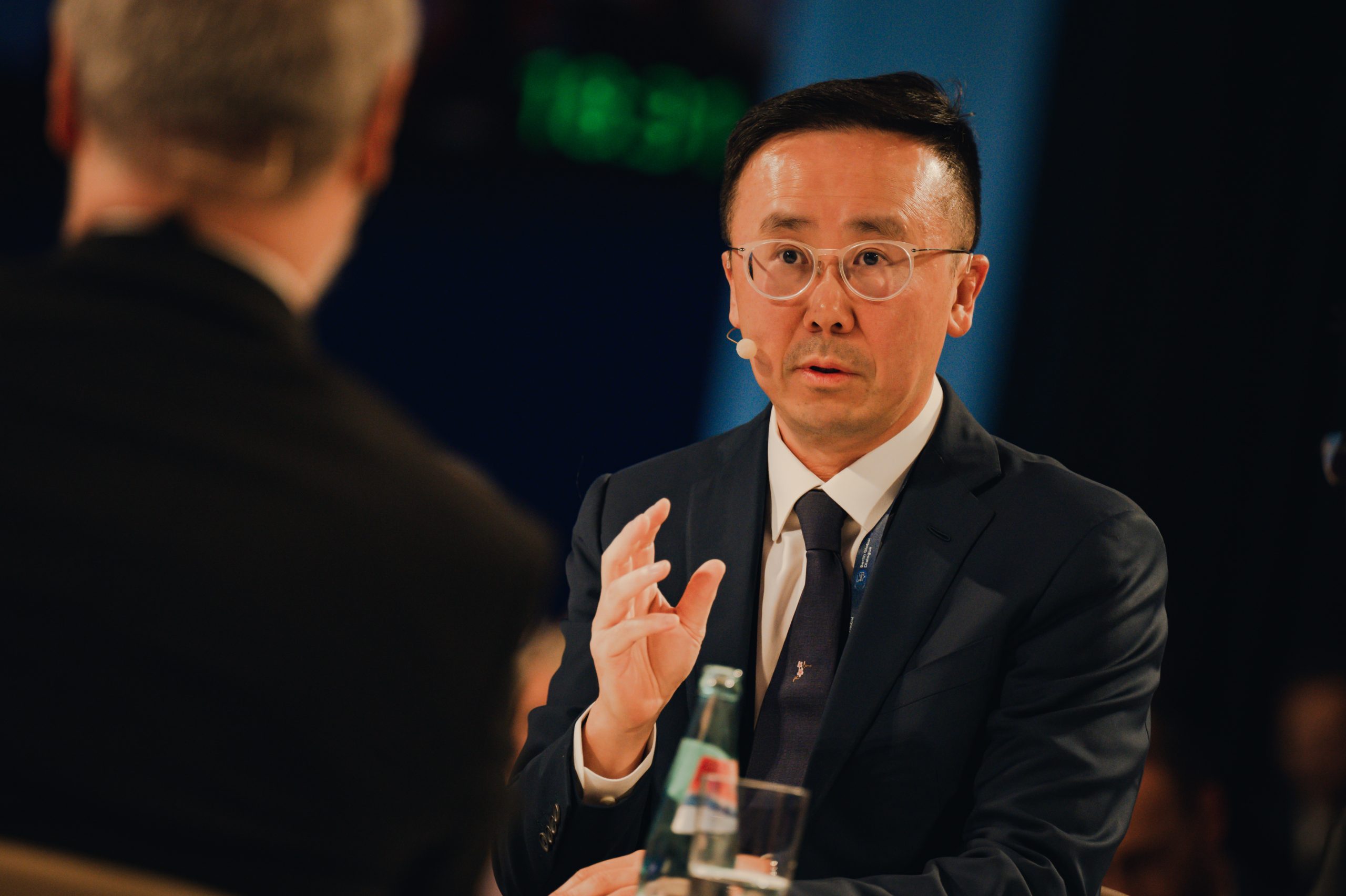
He posited that in the wake of the 2008 financial crisis and the COVID-19 pandemic, global attention has been predominantly focused on the adverse implications of globalization. This paradigm shift has prompted numerous nations to implement trade barriers as a means of safeguarding their domestic industries. He was concerned against this approach, drawing parallels to the protectionist policies that exacerbated the challenges of the Great Depression. “If every country resorts to building trade barriers, it creates a deeply damaging environment for any economy to thrive,”
Beyond the Present Event, seeing the Future Trends
From Patrick’s perspective, many individuals are preoccupied with reacting on the events, losing sight of trends. He recalled a conversation with former United States Secretary of the Treasury, Larry Summers, who noted that people spend 80% of their time on events and only 20% on major trends.
However, these significant trends, such as AI, energy transitions, and demographic shifts, will ultimately shape the future. In Patrick’s view, AI is particularly substantial and will have far-reaching implications in numerous ways, adding complexity to our recognition about the future.
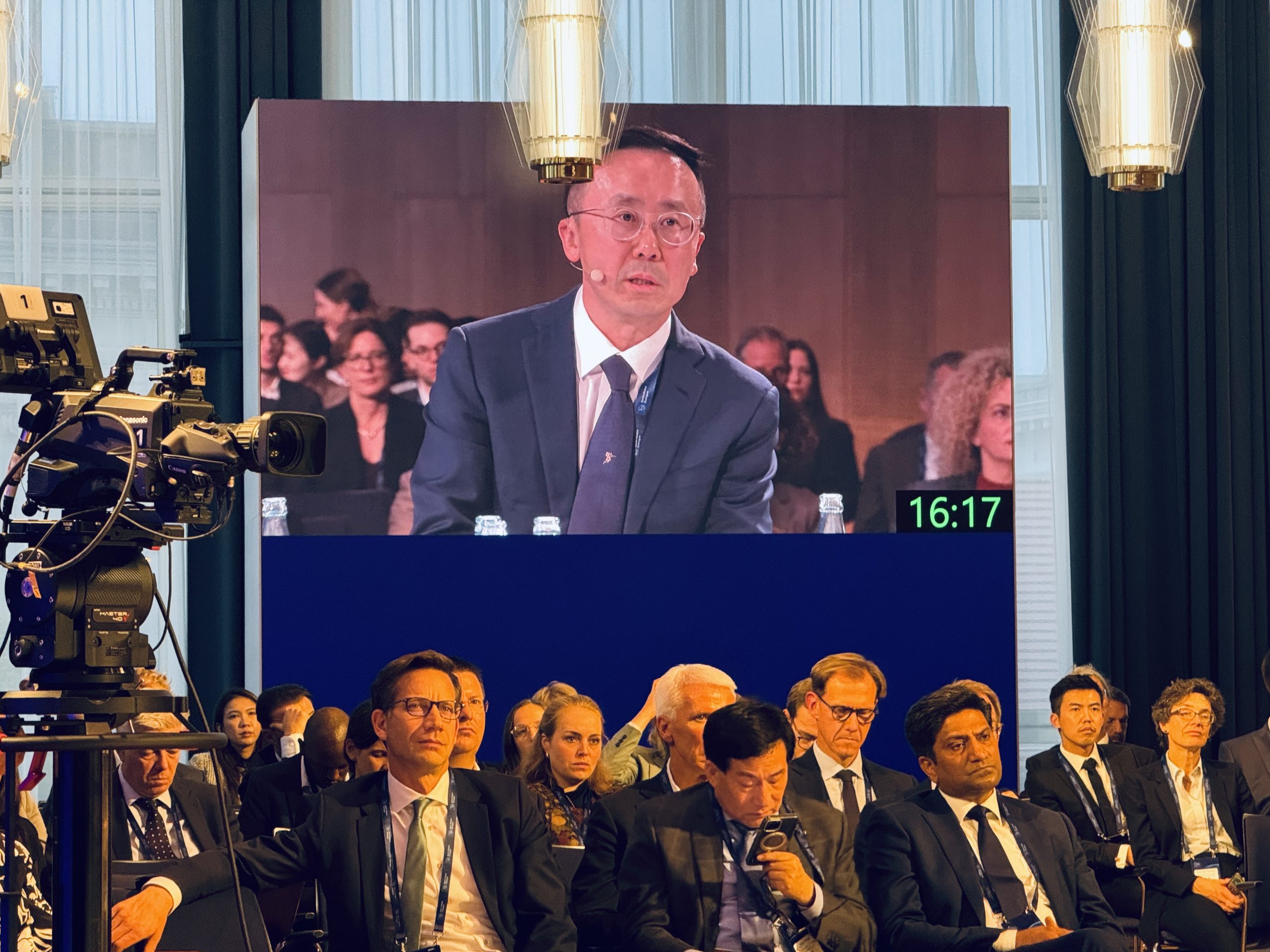
‘Kicking The Tires’, Cross Boarder to Understand Each Other
To mitigate the impact of geopolitical shifts and industrial complexity, Patrick proposes increasing collaboration and fostering deeper understanding between countries. He advocates for a return to bilateral and multilateral engagement, suggesting that leaders and entrepreneurs travel together to different parts of the world to gain firsthand insight into the business environment and market dynamics.
“In the past, when I was a young investor, I would visit 300 companies a year to understand what was happening in the world,” Patrick recalled. “We used to call this ‘kicking the tires.’ But today, that practice has largely been forgotten. If we don’t expose ourselves to different perspectives, how can we truly understand the complexities of the world?”
He strongly suggested that decision-makers, business leaders, and entrepreneurs travel together worldwide, visiting India, the United States, China, and various parts of Europe to understand the current landscape and witness businesses in action. “Information is not always truthful, it must be discovered, verified, discerned, and thoughtfully selected by ourselves.” Patrick emphasized.
